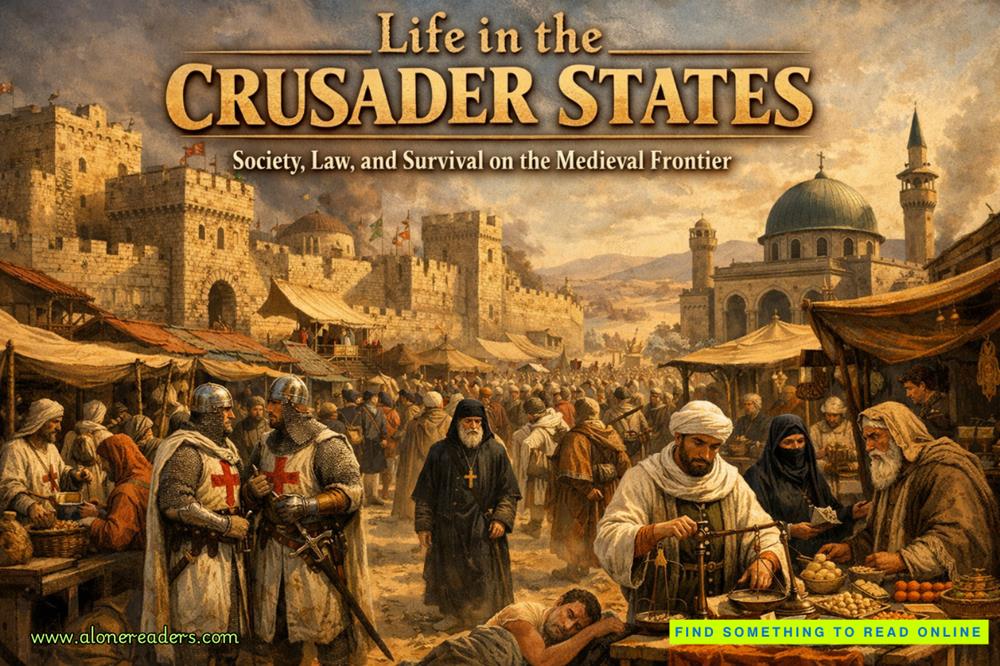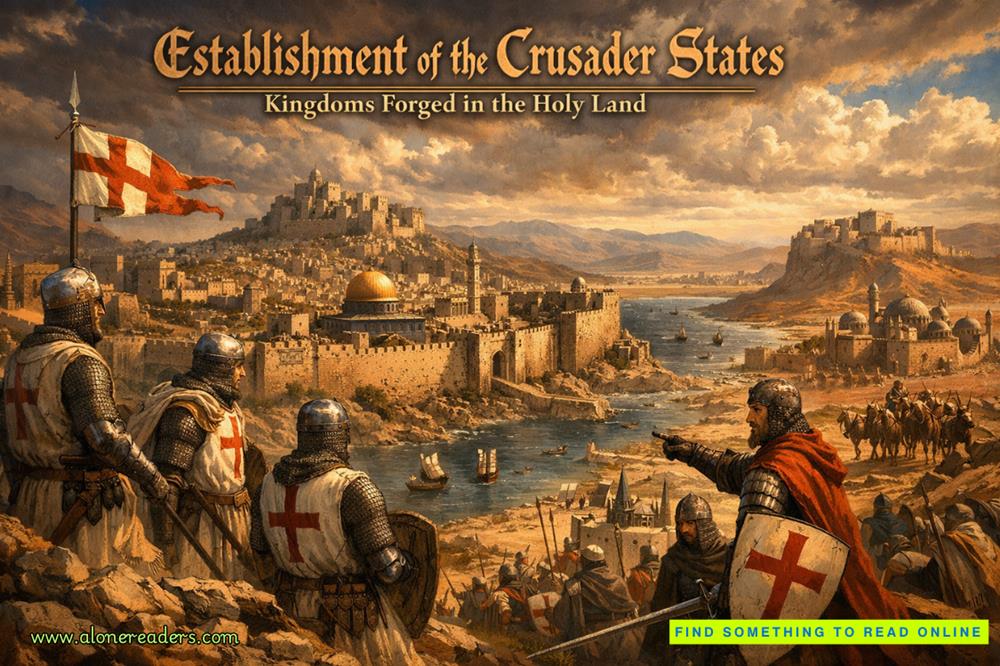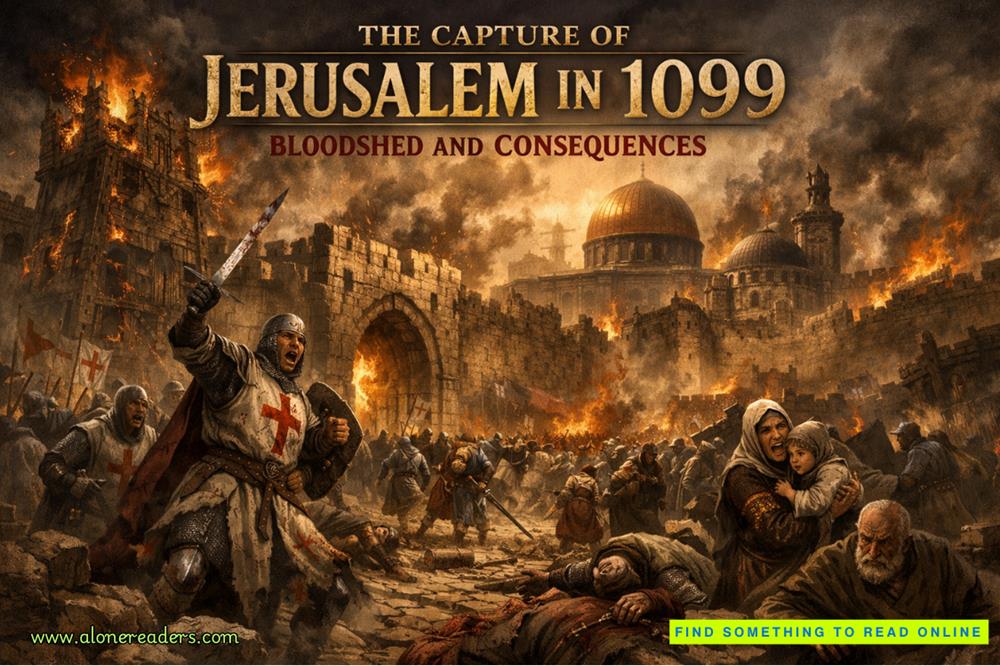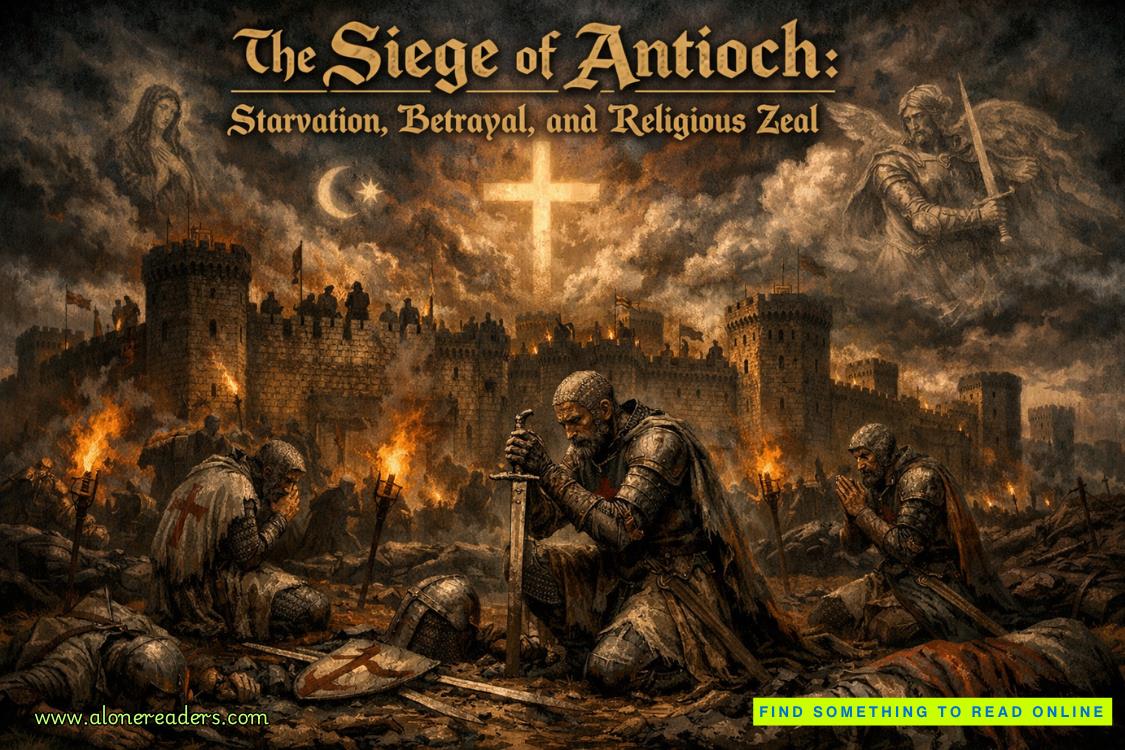“You also rescue cats off porches and tell mayors their constituents are going to be wet soon,” Owen said. “You contain multitudes.”
“Maybelle got herself down,” I said, because the alternative was admitting that my thighs had tightened when the man had saidYes, ma’am. “She just needed an audience.”
“You’re deflecting,” Owen sang. “Also: you were flushed back there. I haven’t seen you flushed at work since the time Huck knocked over your poster board on live TV.”
It wasn’t that I didn’t know my own body. It was that I’d never felt it respond like a tuning fork to a single person just walking into my airspace.
I’d had crushes. I’d had lovers. I’d had affection and safety and the kind of warmth you can fall asleep in without thinking about how you look in the morning. I had never felt the clean, stupid spark that saidThat one. Now. I was sensible. I mapped floods for a living. I didn’t do riptides.
“Let’s keep moving,” I said. “If the tide’s still eating the volleyball court, we’ll need to get Soundline to put up temporary barriers and reroute foot traffic. The last thing we need is some drunk college kid thinking the ocean is a slip-n-slide.”
“You mean the last thing you need is a reason to talk to Mr. Bear Claw again.”
“Shut up,” I said, and headed toward the knot of people around the court that had been a lake an hour ago and was now a large, confused pond.
We worked. It’s what I knew how to do when I didn’t know what to feel. Owen flagged hazards. I sweet-talked a Soundline manager into coning off the low spots and taping a temporary walkway that kept little kids from testing the pull of the returning water. I handed out cards and answered the same five questions in rotating order. It soothed me, the way repetition does—a chant you don’t realize you’re praying.
It didn’t stop me from watching for him.
I kept catching flashes: that coal-dark shoulder sliding through sun glare, the horse’s ears pricked toward the sound of the surf, the rider’s profile as he tracked the line where the waves pawed at the sand.
Once, he cut a farther loop, up where the beach was wider and emptier. A little pack of kids trailed him like he was the Pied Piper, keeping their distance and whispering. He let them follow. He didn’t turn and perform. He didn’t send them away. He existed, and the space around him adjusted.
“Big-country,” Owen said again out of nowhere, because he had never been able to let go of a hypothesis once his brain bit it. “Grizzlies. Draft horses. You saw his hands?”
“Yes,” I said, and swallowed, because I had.
The left one was scarred, yes. The right one was big and square and clean in a way that told you he used them for work more than keyboards. I had a sudden, precise thought I didn’t say out loud:that hand would pin my hip and I would let it.
I felt heat lick up under my skin so fast I turned my face toward the wind and pretended to check a flagged stake.
“You’re picturing things,” Owen said.
“I’m picturing a man who doesn’t live here and who apparently believes rules are suggestions,” I said. “Bad recipe.”
“Or exactly your recipe,” Owen said. “You build boxes for a living. Maybe you need a man who doesn’t fit into one.”
4
ETHAN
Ilet Flapjack slow to a walk, his hooves carving deep prints in the sand, the ocean’s roar a steady pulse as our collective heart rate settled.
The beach stretched out, still too crowded for my taste, but quieter now, the families thinning as the sun climbed higher. My shirt clung to my back, sweat mixing with the salt in the air, and Flapjack’s coat gleamed like polished coal. He snorted, tossing his head, content but ready to be done. I patted his neck, feeling the heat of his muscles under my palm. “Good boy,” I murmured. “Time to clean you up.”
We turned back toward the parking lot, weaving through the last stragglers of the crowd—kids with melting ice cream, parents hauling chairs, a few teenagers snapping selfies with the waves. I kept my eyes forward, ignoring the stares. Flapjack and I were a spectacle, always had been. Didn’t mean I had to like it.
Back at the trailer, I dismounted and tied him to the side, grabbing the hose I’d rigged to the truck’s water tank. The nozzle hissed as I sprayed him down, starting at his hooves and working up, the water cutting through the sand and sweat.Flapjack stood still, ears twitching, letting out a low nicker like he was thanking me.
A few kids hovered nearby, drawn like moths to his size, their whispers loud enough to catch. I didn’t look up, just kept working, but when a girl no older than ten stepped closer, clutching a plastic bucket, I nodded. “You can say hi. He’s friendly.”
She beamed, dropping her bucket to stroke his flank, her friends inching forward behind her. Flapjack lowered his head, sniffing at the nearest kid’s hand, and they giggled, nervous and thrilled. I kept the hose steady, watching from the corner of my eye, making sure nobody got too bold. Flapjack was a gentle giant, but he was still a giant.
“Sir?” A voice cut through the kids’ chatter, polite but firm.
I turned, hose still in hand, and saw two beach patrol officers in yellow polos approaching. Isle of Palms patches on their sleeves, radios clipped to their belts. My gut tensed, ready to play dumb, maybe flash some credentials if it came to that. I’d talked my way out of worse.
But the woman spoke first, her smile easy, her eyes on Flapjack. “He’s gorgeous. Percheron, right? How’s he handle the beach?”















